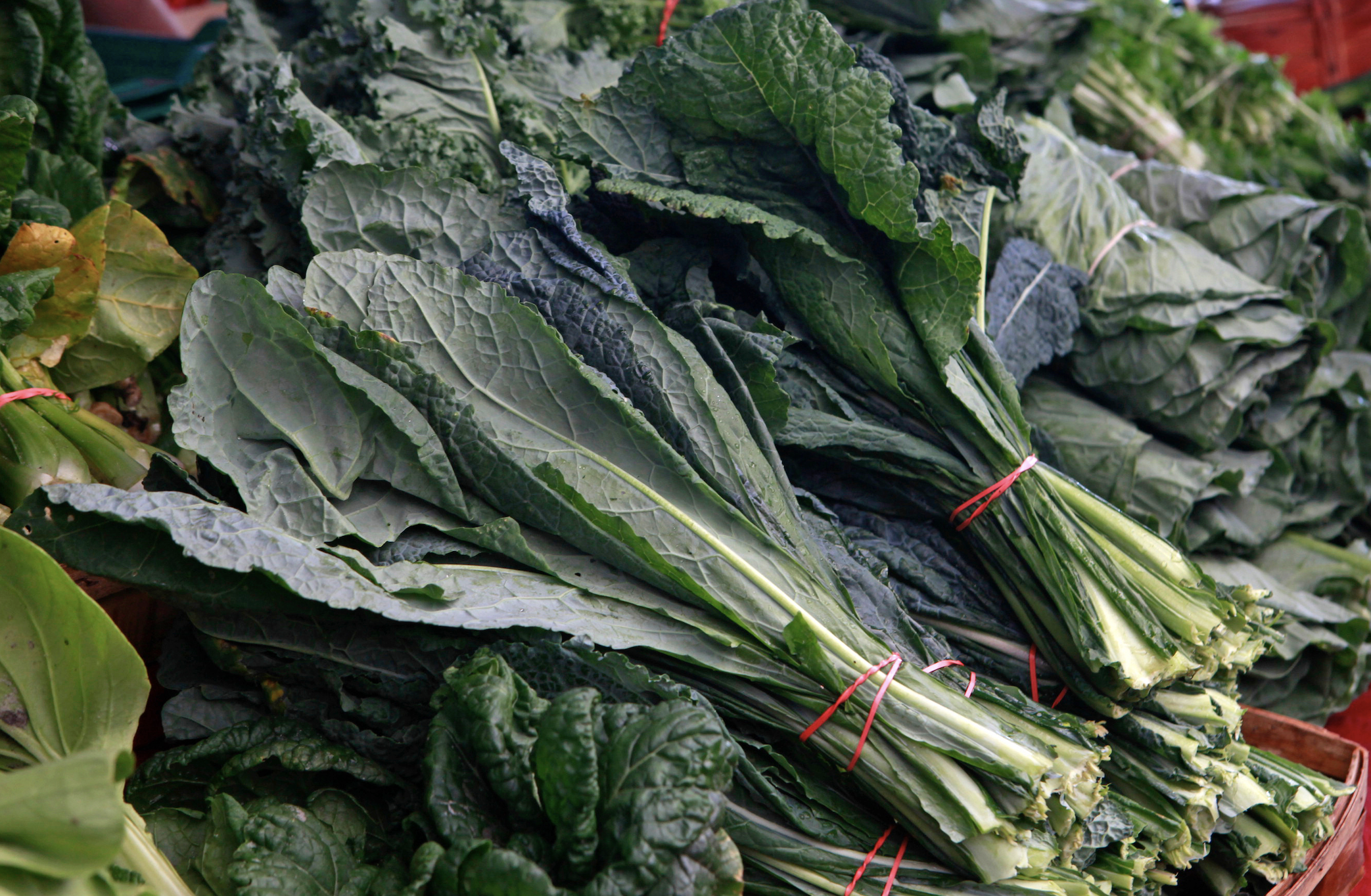Fruits of Labor: Race, Ethnicity, and Foodways
Co-sponsored by the Cogut Institute for the Humanities, this discussion of new research features a panel of experts in the field of food studies who will share their work as it pertains to the geographies, economies, and ecologies of foodways within communities of color in the United States.
Panelists will explore the cultural, social, and economic practices behind food production and consumption, as well as eating habits, and culinary practices of people, regions, and historical periods.
About the Panelists
Mireya Loza
Associate Professor of History and American Studies, Georgetown University
Mireya Loza is an Associate Professor in the Department of History and the American Studies Program. Her areas of research include Latinx History, Social Movements, Labor History and Food Studies. Her book, Defiant Braceros: How Migrant Workers Fought for Racial, Sexual and Political Freedom (UNC Press), examines the Bracero Program and how guest workers negotiated the intricacies of indigeneity, intimacy, and transnational organizing. She is currently carrying out research for her second book project tentatively titled, The Strangeness and Bitterness of Plenty: Making Food and Seeing Race in American Agriculture, 1917-2017.
Her first book won the 2017 Theodore Saloutos Book Prize awarded by the Immigration and Ethnic History Society and the Smithsonian Secretary’s Research Prize. She was also named a Distinguished Lecturer by the Organization of American Historians. Her research has been funded by the Ford Foundation, the Mexico-North Research Network, and the National Endowment for the Humanities.
Prior to joining the faculty at Georgetown she was a curator at the Smithsonian Institution’s National Museum of American History and an Assistant Professor in Food Studies at New York University.
Hi’ilei Hobart
Assistant Professor of Ethnicity, Race, and Migration, Yale University
Hiʻilei Julia Kawehipuaakahaopulani Hobart (Kanaka Maoli) is Assistant Professor of Native and Indigenous Studies at Yale University. An interdisciplinary scholar, she researches and teaches on issues of settler colonialism, environment, and Indigenous sovereignty. Her first book, Cooling the Tropics: Ice, Indigeneity, and Hawaiian Refreshment (Duke University Press, 2022) is the recipient of the Native American and Indigenous Studies Association (NAISA) Best First Book Prize, the Scholars of Color First Book Award from Duke University Press, and received an honorable mention for the Lara Romero First Book Prize from the American Studies Association (ASA).
Hobart’s articles have appeared in refereed journals such as NAIS, Media+Environment, Food, Culture, and Society, and The Journal of Transnational American Studies, among others. Her current projects include the forthcoming co-edited special issue “We Are Not American, Still,” for American Quarterly and a manuscript about Native Hawaiian dispossession, settler colonial leisure practices, and the 20th century expansion and development of the Hawaiʻi State Parks System.
Jennifer Lin LeMesurier
Assistant Professor of Writing and Rhetoric, Colgate University
Jennifer Lin LeMesurier’s current research focuses on how rhetorics surrounding food, eating, and cuisine influence Asian and Asian American identity and agency. Her monograph, Inscrutable Eating: Asian Appetites and the Rhetorics of Racial Consumption, offers a heuristic for understanding how rhetorical arguments around race are deeply interconnected with how we talk about food and consumption.
Previous work, including articles in College Composition and Communication, Peitho, POROI, Rhetoric Review, and Rhetoric Society Quarterly, analyzes the interchange of discourse and embodiment in dance, choreography, and pedagogy
Currently, Jennifer is the book review editor for Present Tense and on the editorial boards of Capacious, Quarterly Journal of Speech, and Xchanges. Media appearances include Inverse, Meant to Be Eaten, The Academic Minute, and This American Life.
Ashanté M. Reese
Associate Professor of African and African Diaspora Studies, UT Austin
Dr. Ashanté M. Reese earned a PhD in Anthropology from American University. Broadly speaking, Dr. Reese works at the intersection of critical food studies and Black geographies, examining the ways Black people produce and navigate food-related spaces. Animated by the question, who and what survives?, Dr. Reese’s work has focused on the everyday strategies Black people employ while navigating inequity.
Her first book, Black Food Geographies: Race, Self-Reliance, and Food Access in Washington, D.C., takes up these themes through an ethnographic exploration of antiblackness and food access. Black Food Geographies won the 2020 Best Monograph Award from the Association for the Study of Food and Society and 2020 Margaret Mead Award jointly awarded by the American Anthropological Association and the Society for Applied Anthropology.
Her second book, Black Food Matters: Racial Justice in the Wake of Food Justice, is a collection co-edited with Hanna Garth that explores the geographic, social, and cultural dimensions of food in Black life across the U.S. Currently, Dr. Reese is working on a cultural history of sugar and Sugar Land, Texas in which she explores the spatial, economic, and carceral implications of sugar and the sometimes contradictory and deadly sweetness that marks Black life. A committed teacher, Dr. Reese was the recipient of the 2020-21 Friar Centennial Teaching Fellowship.
Shanti Morrell-Hart (Moderator)
Associate Professor of Anthropology, Brown University
Shanti Morell-Hart is an anthropological archaeologist and paleoethnobotanist with a focus on ancient societies in Mesoamerica. Her published research has focused on the origins and impacts of agriculture in the development of societies, contributions of plants to ritualized activity and healthcare, the range and diversity of quotidian botanical practices, and transformations in human-environment relationships, especially as related to narratives of “collapse” and resilience. Her teaching and supervisory interests include: foodways, ethnoecology, paleoethnobotanical analysis, spatial analysis, Mesoamerican societies, ancient history, and gastronomic heritage.

